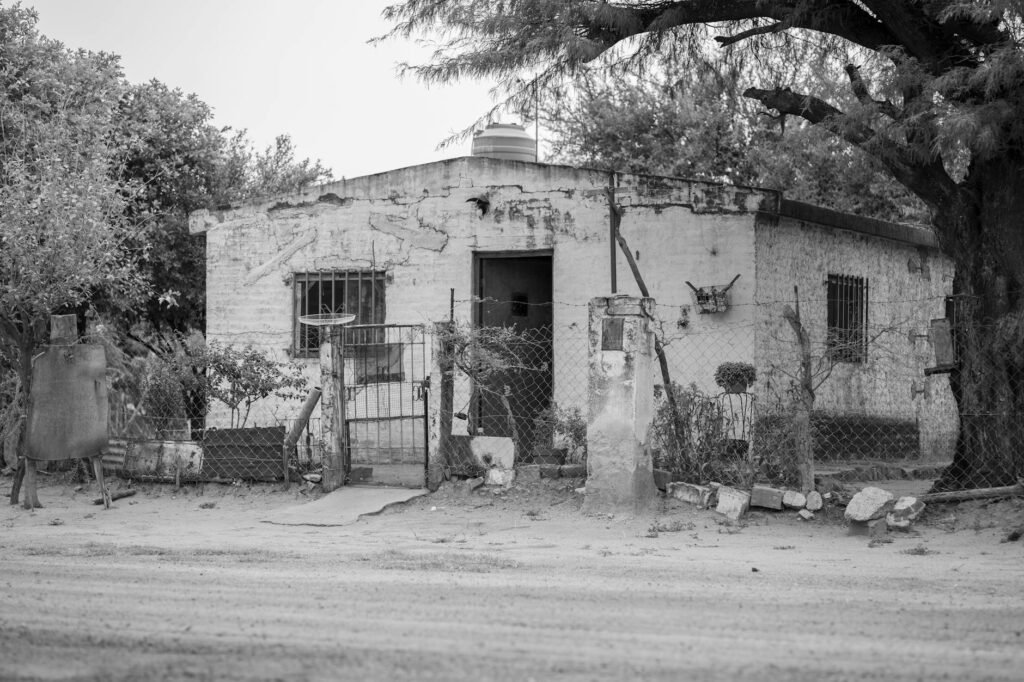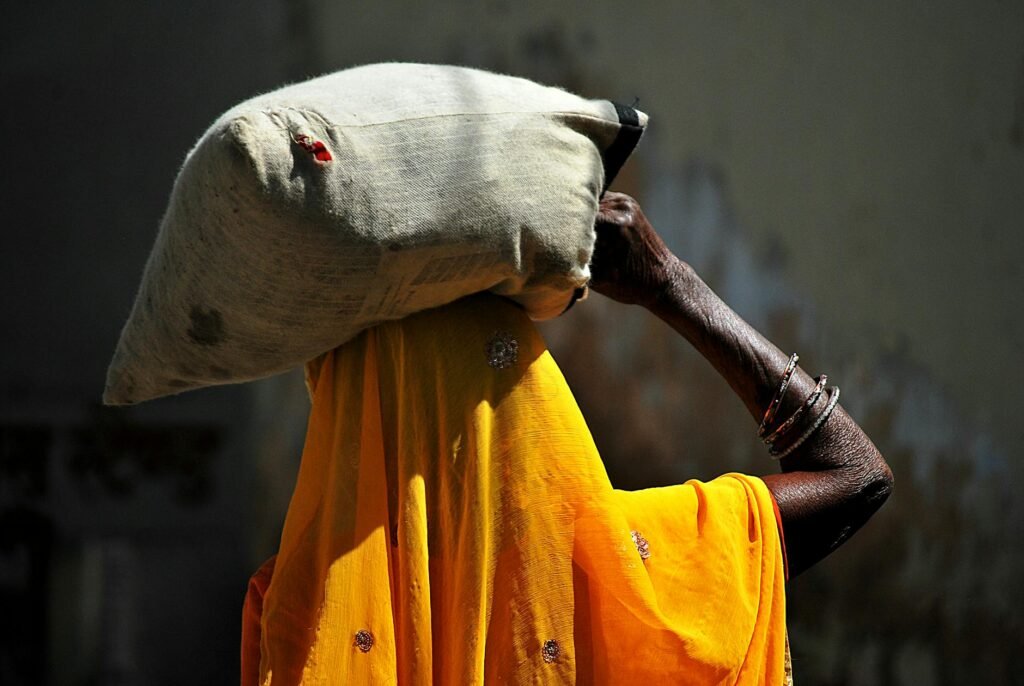Understanding Cambodia’s Socioeconomic Landscape
Cambodia, despite its rich history and cultural heritage, faces significant socioeconomic challenges. Characterizing it simply as “poor” oversimplifies a complex reality. While poverty remains a pressing issue, understanding its multifaceted nature is crucial to developing effective solutions. This post delves into the complexities of Cambodia’s economic situation and explores potential pathways to sustainable development.
Poverty and Inequality
Poverty rates in Cambodia, while declining, remain stubbornly high, particularly in rural areas. Income inequality exacerbates this problem, creating a significant gap between the wealthy and the poor. Addressing this requires a multi-pronged approach targeting both economic growth and equitable distribution of wealth. 
Education and Human Capital
Investing in education is paramount. A well-educated populace is better equipped to participate in the economy and contribute to national development. Cambodia needs to focus on improving access to quality education, particularly for girls and those in underserved communities. Furthermore, vocational training programs can equip individuals with valuable skills for employment. Learn more about Cambodia’s education system.
Infrastructure Development
Inadequate infrastructure hampers economic growth. Improved roads, reliable electricity, and better access to technology are crucial for attracting investment, boosting productivity, and improving living standards. International cooperation and strategic infrastructure projects are vital in this regard.  Explore infrastructure projects in Cambodia.
Explore infrastructure projects in Cambodia.
Sustainable Tourism and Agriculture
Tourism is a significant contributor to Cambodia’s economy. Promoting sustainable tourism practices that benefit local communities and preserve the environment is crucial. Similarly, supporting sustainable agricultural practices can enhance food security and income generation for rural populations. Discover sustainable tourism initiatives. [IMAGE_3_HERE]
Foreign Investment and Aid
Attracting responsible foreign investment and managing aid effectively are crucial for supporting Cambodia’s economic growth. Transparency and accountability in the use of aid are vital to ensure its effectiveness. Strategic partnerships with international organizations can help facilitate this process. Read about responsible foreign investment.
Empowering Communities and Promoting Good Governance
Ultimately, sustainable development hinges on empowering local communities and promoting good governance. This includes combating corruption, strengthening democratic institutions, and fostering greater participation from civil society. Understand the role of good governance.
Conclusion
Cambodia’s journey towards sustainable development is complex and requires a concerted effort from the government, civil society, the private sector, and the international community. By tackling poverty, inequality, and infrastructure deficits while promoting education, sustainable tourism, and responsible governance, Cambodia can create a brighter future for its people. [IMAGE_4_HERE]
Frequently Asked Questions
What are the biggest challenges facing Cambodia’s economy? Poverty, inequality, and inadequate infrastructure are among the most significant challenges.
How can foreign aid help Cambodia? Aid can support infrastructure development, education, and healthcare initiatives, but transparency and effective governance are crucial for its success.
What role does tourism play in Cambodia’s economy? Tourism is a significant contributor, but sustainable practices are essential to ensure long-term benefits.
What are some examples of successful development initiatives in Cambodia? Several organizations are working on various community development projects, including microfinance initiatives and education programs. Find out more here.
How can I contribute to Cambodia’s development? You can support organizations working on the ground in Cambodia, advocate for fair trade practices, and promote responsible tourism.
